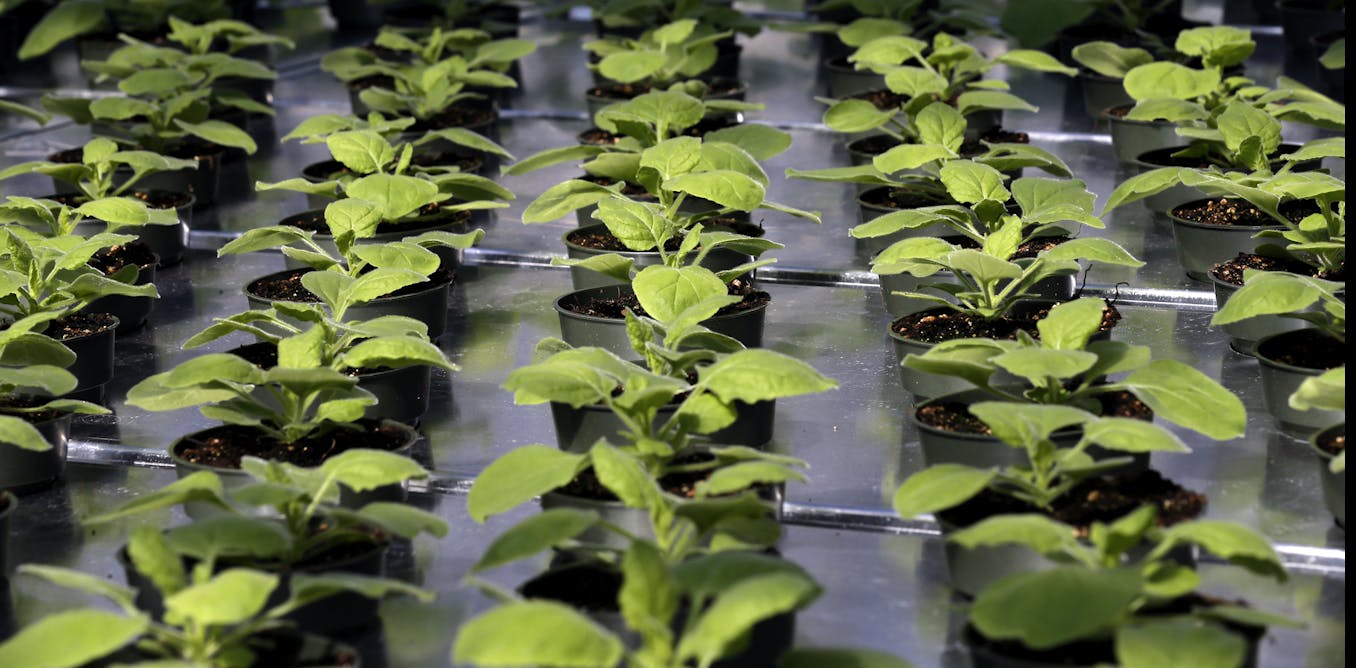The Impact of Ethylene on Plant Growth and Stress Tolerance
Plants, like any organism, experience stress from environmental conditions affecting their growth. Scientists have genetically modified plants for resilience, but this often leads to lower stress tolerance or reduced yield. However, a study discovered that exposing seeds to ethylene during germination can enhance growth and stress resistance in various plant species. This brief exposure not only increased plant size but also improved tolerance to salt stress, high temperatures, and low oxygen levels. The mechanism behind this enhancement involves increased photosynthesis, carbon fixation, and carbohydrate levels throughout the plant. Understanding these effects could revolutionize crop production methods for feeding the global population sustainably.
Customize Summary
Rewrite with AI
Generate Citations
Translate Source
To Another Language
Generate MindMap
from source content
Visit Source
theconversation.com
Exposing plants to an unusual chemical early on may bolster their growth and help feed the world
Key Insights Distilled From
by Brad Binder at theconversation.com 11-09-2023
http://theconversation.com/exposing-plants-to-an-unusual-chemical-early-on-may-bolster-their-growth-and-help-feed-the-world-216953
Deeper Inquiries
